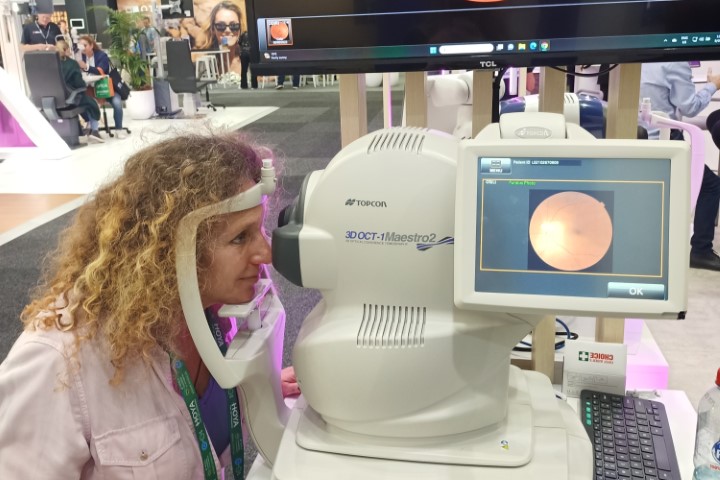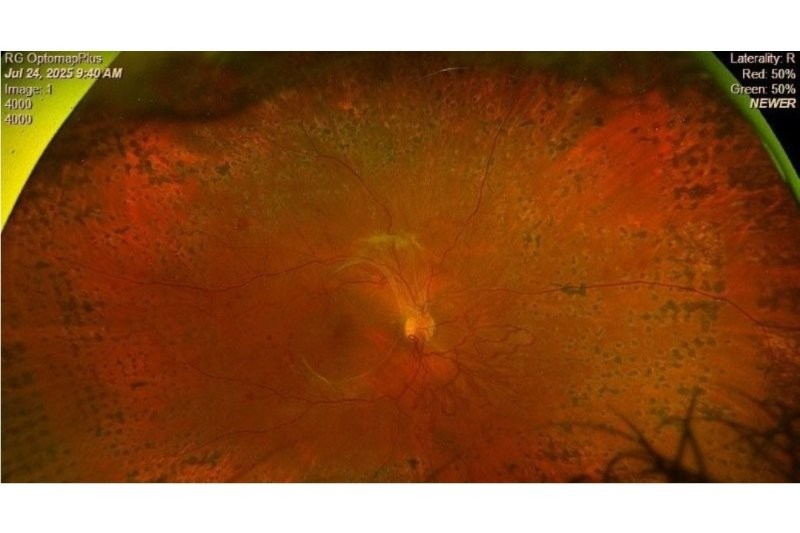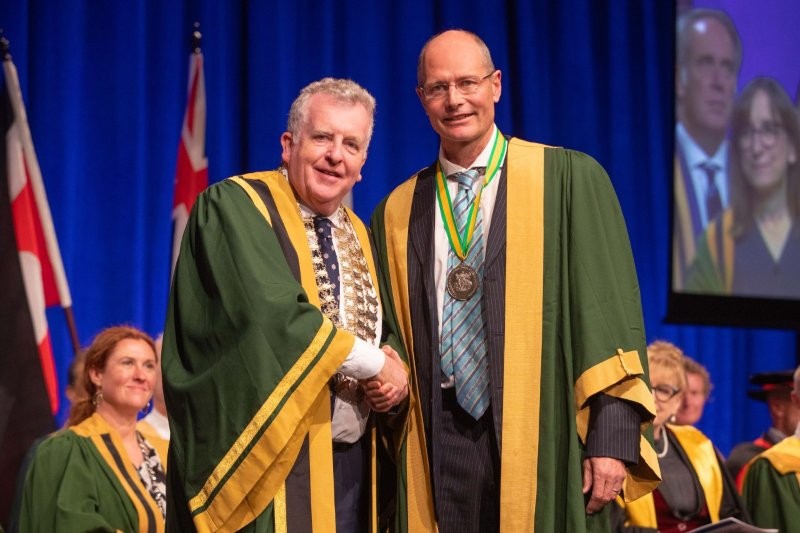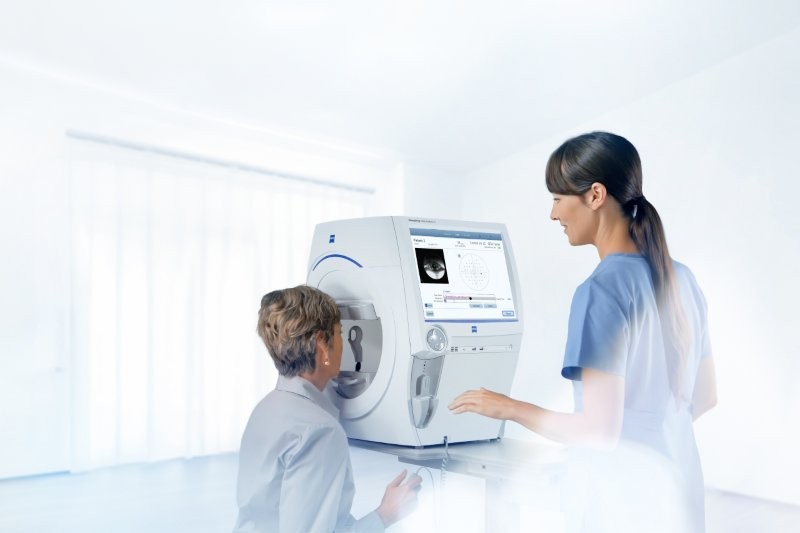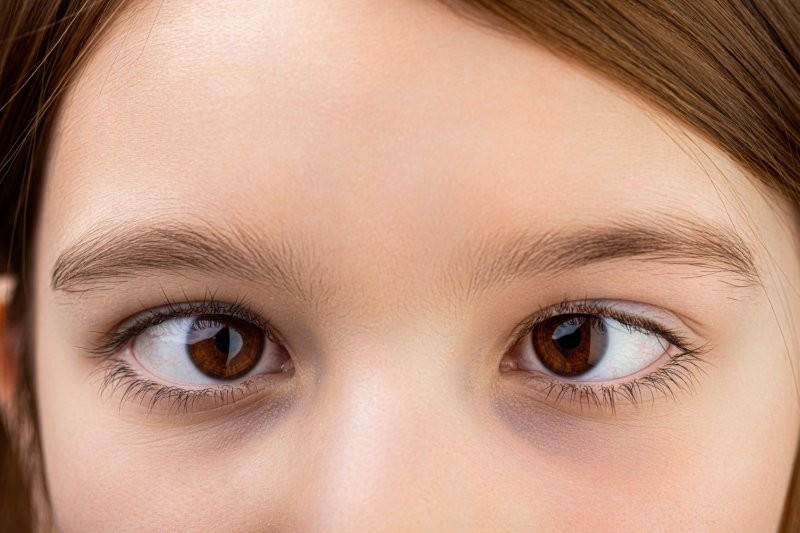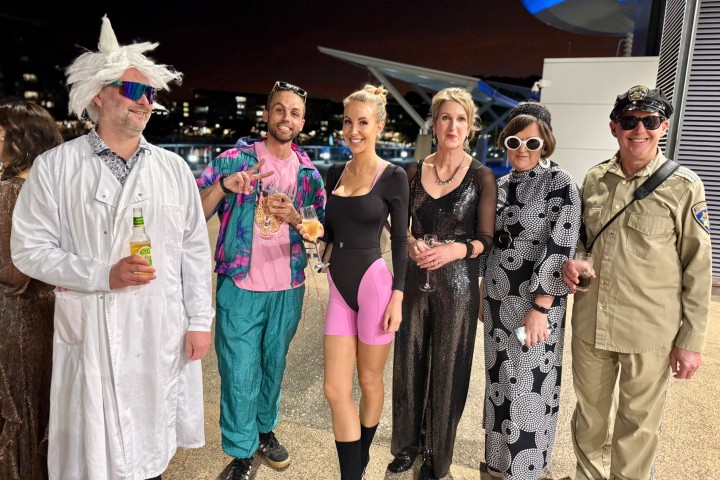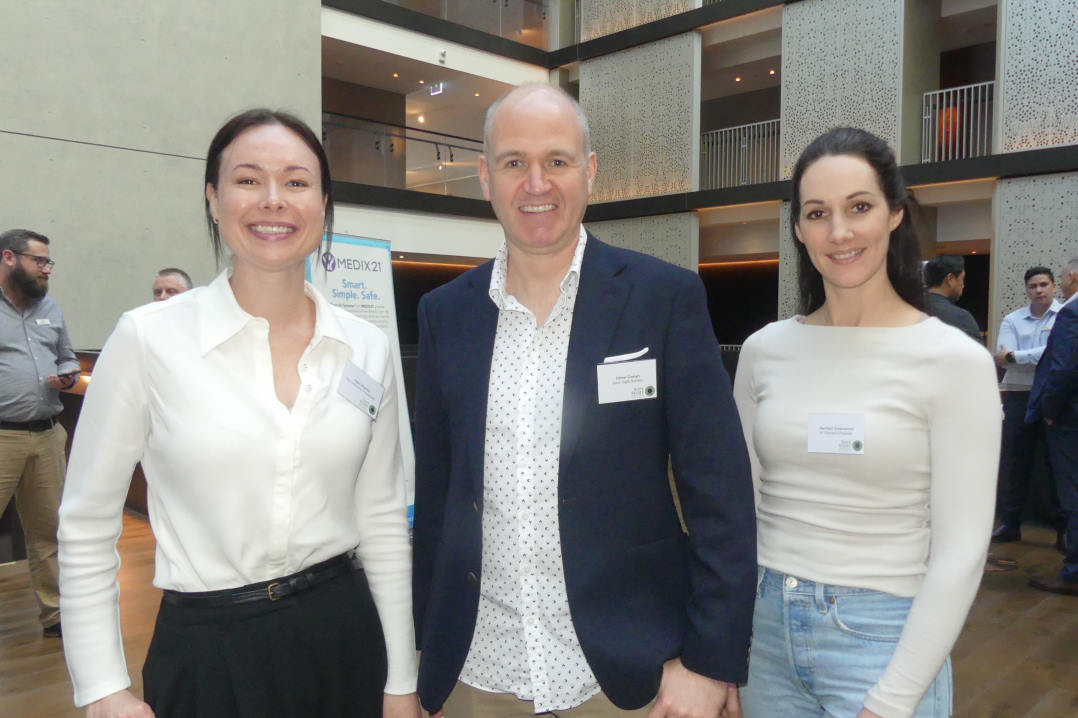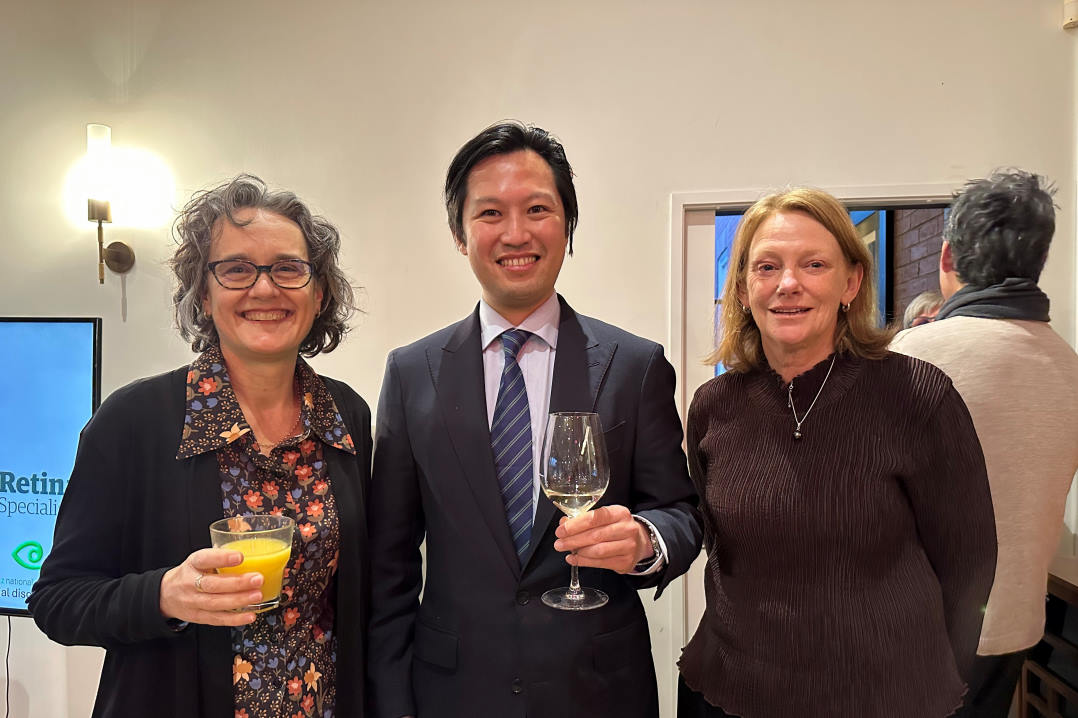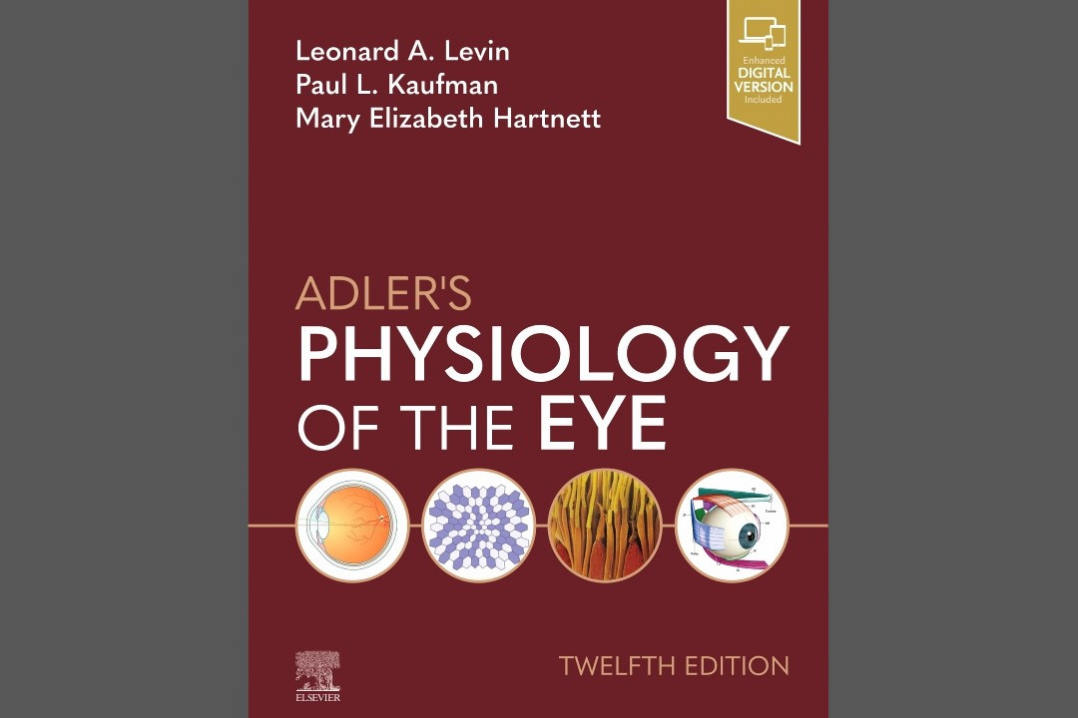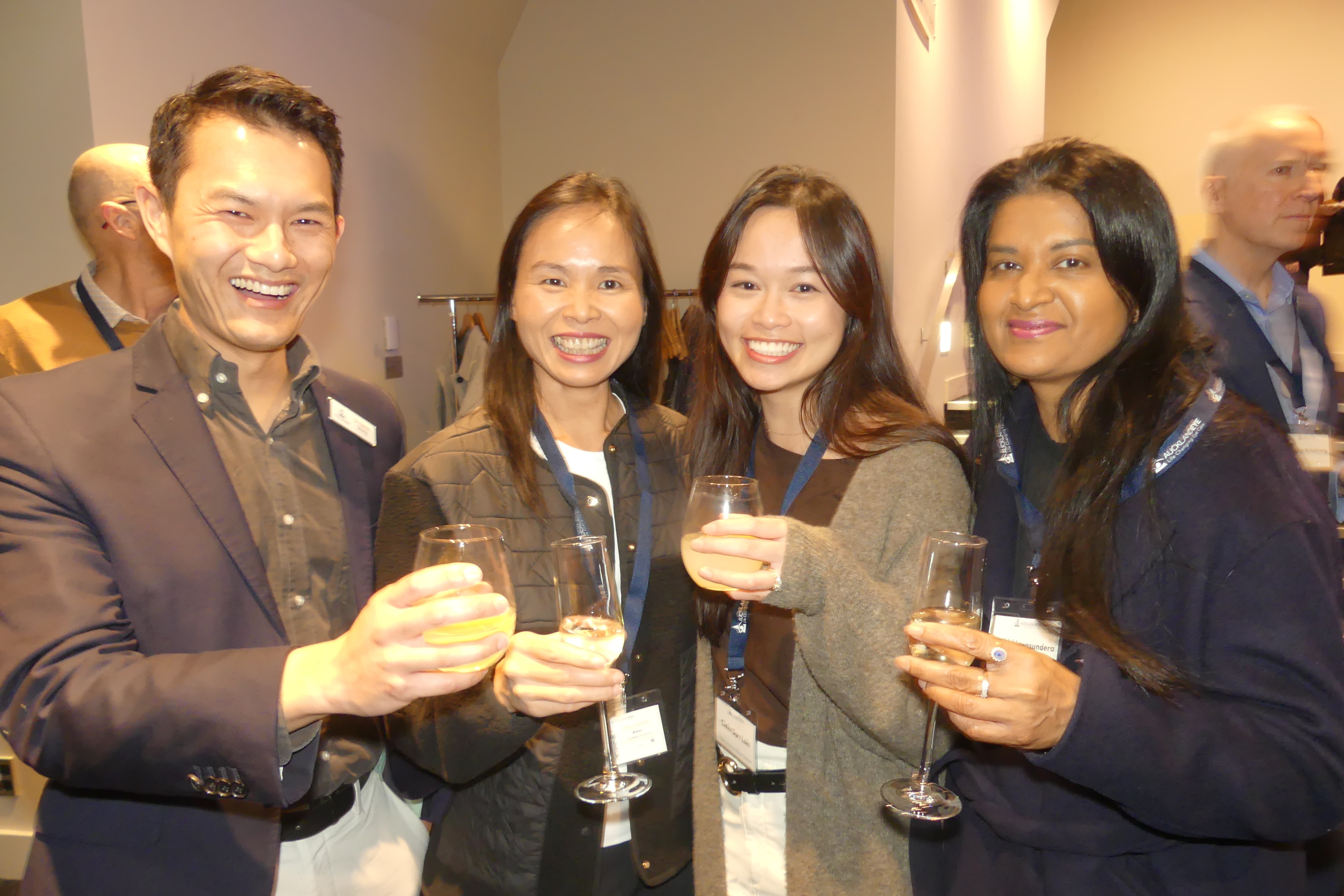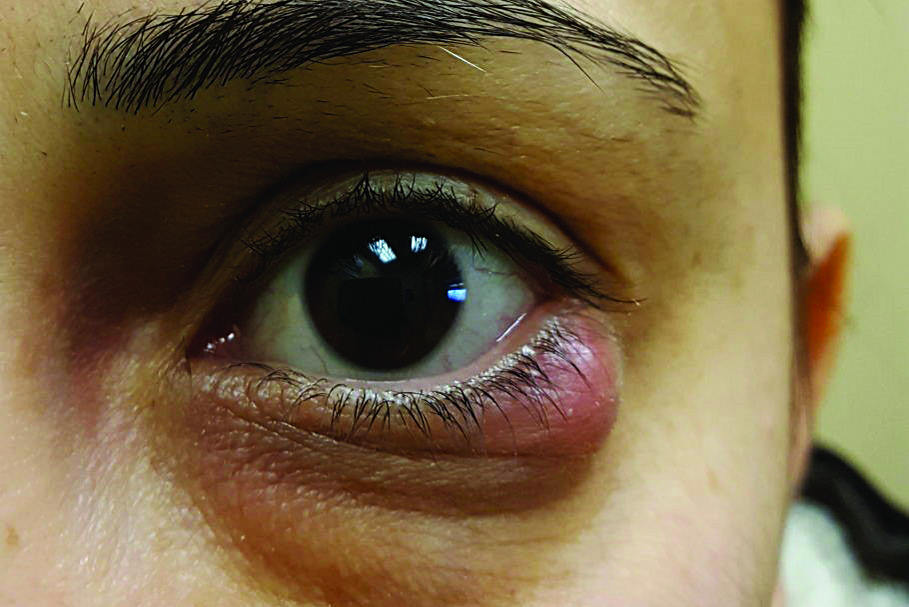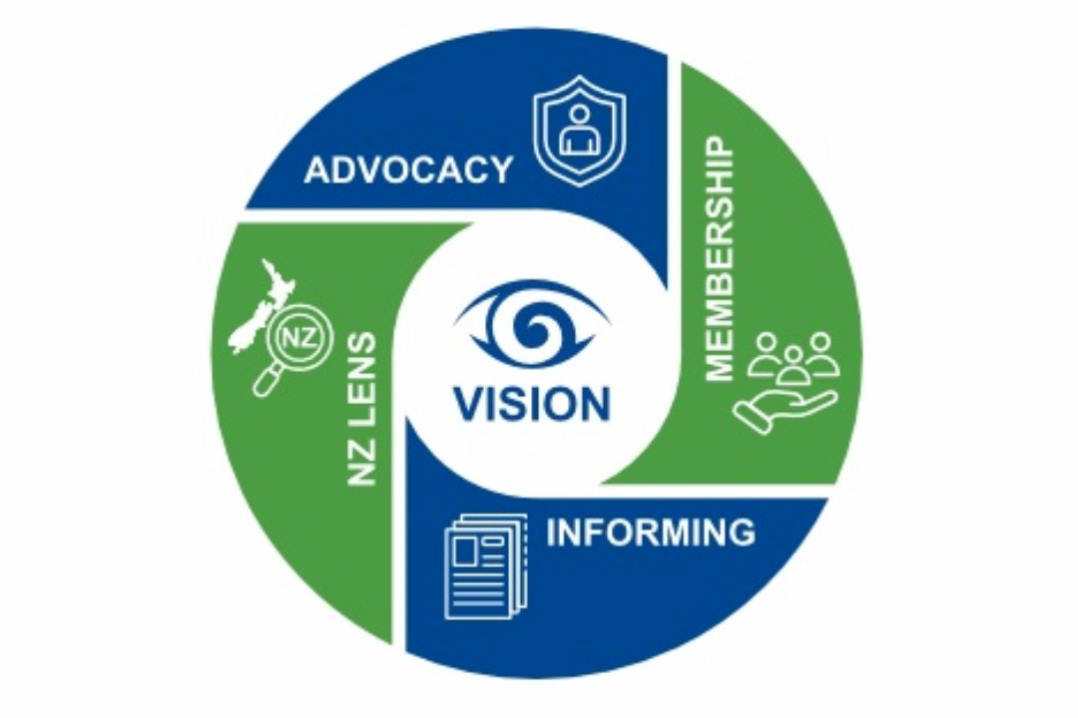A coming-of-BioAge story
Unveiled at O=Mega23, Toku Eyes’ new artificial intelligence (AI)-based software reveals patients’ ‘BioAge’, based on their cardiovascular health via a retinal scan.
Aimed at eyecare professionals, BioAge’s software ‘learned’ from a database of more than 1.3 million eye images, said Toku Eyes’ CEO, Associate Professor Ehsan Vaghefi. Teaming these data with the patient’s retina scan, chronological age, gender and ethnicity, BioAge assesses the patient’s cardiovascular risk and reports their BioAge – all within 20 seconds, he said. “So, from a clinician’s point of view, this does not disturb the workflow because they're capturing the image as part of the exam. But now there is an extra report that tells you about your cardiovascular risk and your biological age.”
You can calculate your cardiovascular risk from an image the same way you can with a blood test, said A/Prof Vaghefi. “But telling someone their cardiovascular risk is 11% is not necessarily meaningful. So we convert that to a biological age.” If someone’s BioAge is more than five years higher than their actual age, a referral is triggered. But telling someone they have high cardiovascular risk in an optometric or ophthalmic setting is just the start of the journey, he said. “So we are working with the FDA (Food and Drug Administration) in the United States to use BioAge as a pre-screening tool.”
BioAge also has the capacity to delve beyond cardiovascular risk, sharing some features of Toku Eyes’ established diabetic retinopathy (DR) screening tool, Theia. “In certain markets – New Zealand and the US, for example – there is reimbursement for diabetic screening. So in those markets we also indicate the risk of diabetes or retinopathy to the clinician.” However, in countries where those costs are not reimbursed, the patient can choose to interact with Toku Eyes directly via a link on the patient’s report, explained A/Prof Vaghefi. This optional service is at the patient’s expense, he added.
With Topcon’s recent investment in Toku Eyes, BioAge is naturally compatible with the company’s fundus cameras, said A/Prof Vaghefi. Practices with some Canon models can also use the software, and other cameras can be validated on request. The technology is currently being rolled out in Australia and New Zealand, and a UK launch is imminent, he said.
Also making its mark Down Under is Australia-based Eyetelligence, which recently received US investment of AU$18 million to support its AI-screening platform Assure. This also uses fundus images to screen for glaucoma, neovascular age-related macular degeneration and diabetic retinopathy.
A/Prof Vaghefi said the two companies are targeting different markets. “Eyetelligence have their own Chinese-made portable camera. BioAge is designed for static, optom-quality cameras, so I think Eyetelligence’s model is geared more towards primary care,” he said.
Some fun BioAge facts from O=Mega23
- 120 people had their BioAge tested at the fair
- The average chronological age was 47 years old
- The average BioAge was 46 years old
- The best results: BioAge six years younger than chronological age
- The worst results: BioAge six years older than chronological age.
All of which means Australia’s and New Zealand’s optometrists are a healthy bunch, with their average BioAge being a year younger than their chronological age!
Source: Ehsan Vaghefi, Toku Eyes CEO









